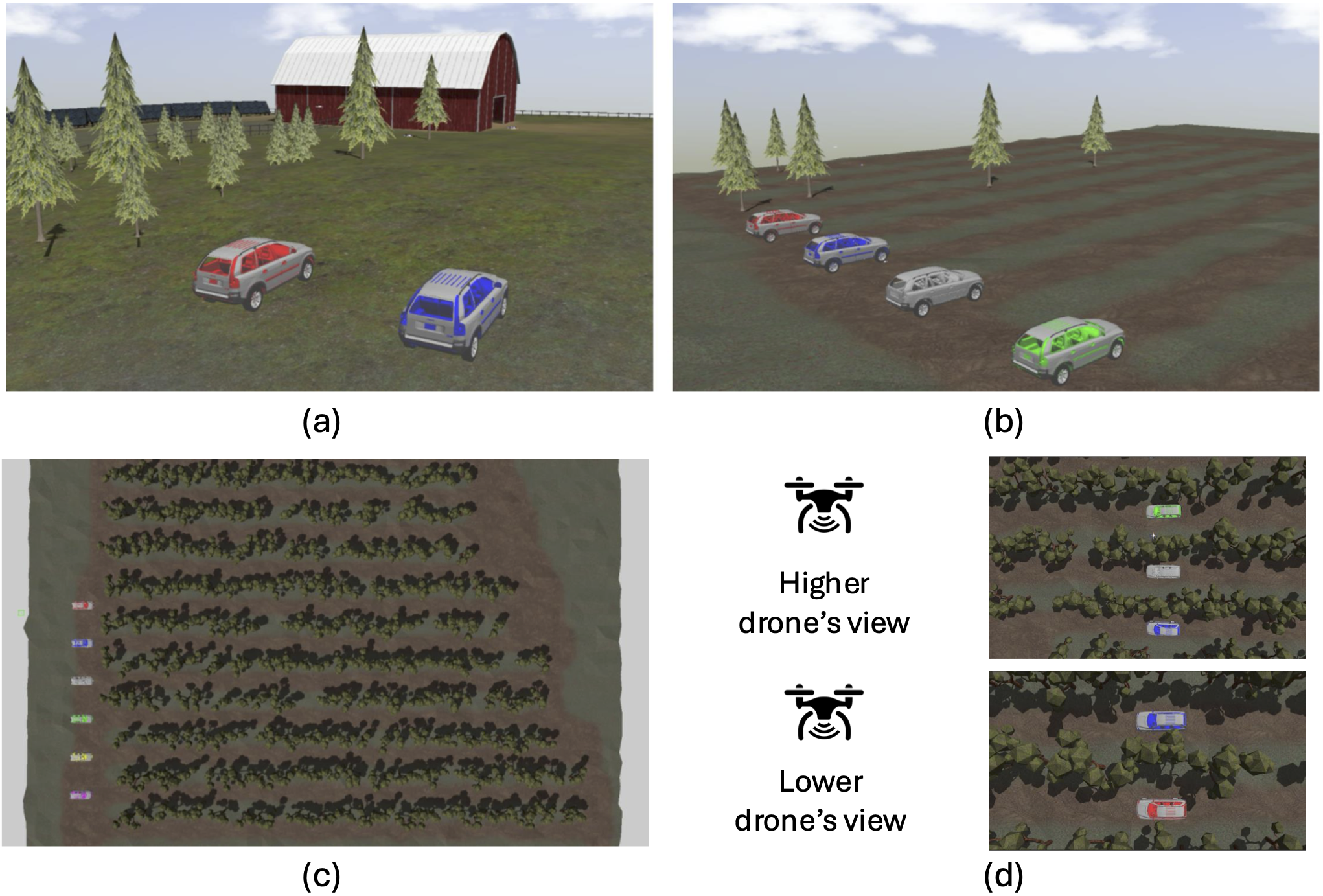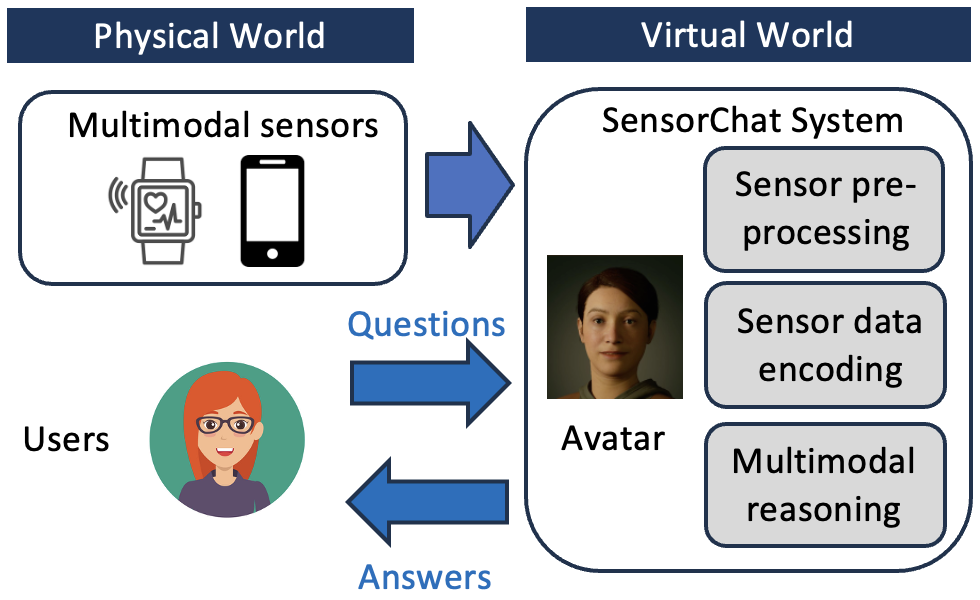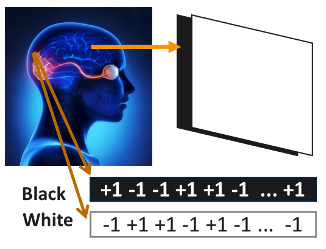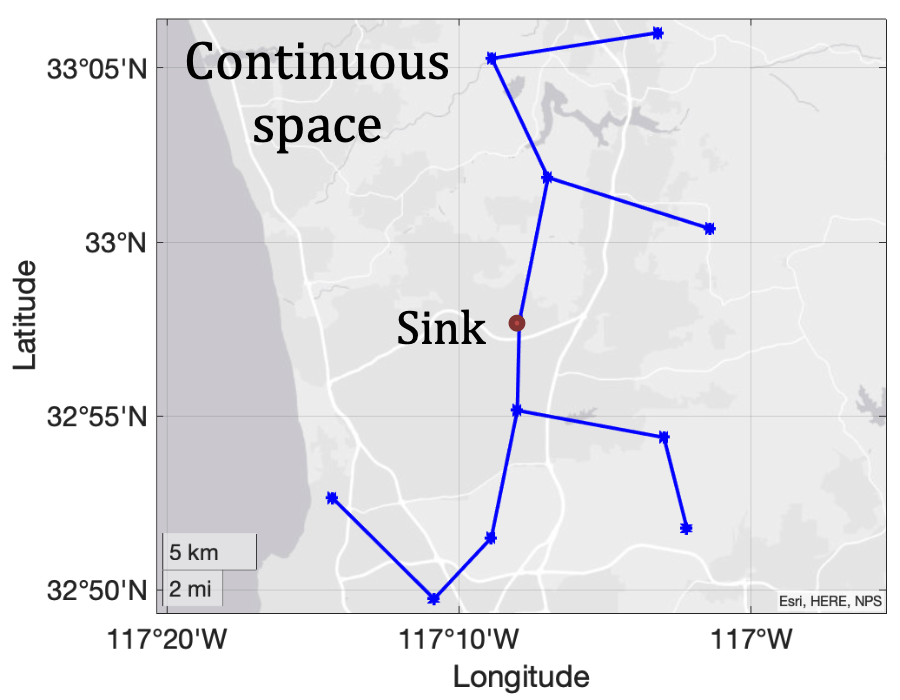
[Photo credit: Hui Shi]
Xiaofan Yu (于晓凡)
Assistant Professor, Department of Electrical Engineering
University of California, Merced
E-mail: xiaofanyu@ucmerced.edu
Office: Science and Engineering Building 2 (SE2) #382
Education:
Ph.D., UC San Diego, 2025, advised by Prof. Tajana Šimunić Rosing
B.S., Peking University, China, 2018
Awards:
ML&Systems Rising Star, 2024
CPS Rising Star, 2023
EECS Rising Star, 2022
More Information:
My CV, Group's Website
Research Involvement in Centers and Grants
During my PhD, I was fortunate to work with the following research centers and funding sources:
JUMP 2.0 Research Centers (SRC & DARPA)
- CoCoSys – Center for the Co-Design of Cognitive Systems
- PRISM – Processing with Intelligent Storage and Memory
National AI Research Institutes (NSF)
- TILOS – The Institute for Learning-Enabled Optimization at Scale
NSF/Intel Partnerships
- MLWiNS – Machine Learning for Wireless Networking Systems
NSF Grants
Research Collaborations
Through the support of these funding projects, I led several key collaborations that contributed to the majority of my PhD publications:
Robotics
- Prof. Vijay Kumar (University of Pennsylvania)

Focus: Enabling adaptable and collaborative perception in multi-agent systems via federated learning.
Approach: Federatedly learned models on multiple drones for predicting future trajectories of all targets from camera images and planned the future trajectories of each drone.
Funding: TILOS
Publications: arXiv'25
Natural Language Processing
- Prof. Larry Heck (Georgia Institute of Technology)

Focus: Enabling natural language interactions between humans and sensors.
Contribution: Created the first comprehensive dataset for sensor question answering and developed a pioneering real-time interaction system handling practical questions for long-term sensor data.
Funding: CoCoSys
Publications: IMWUT'25, SenSys'25, SenSys'24
Machine Learning
- Prof. Arya Mazumdar (UC San Diego)
Computer Vision
- Prof. Yunhui Guo (University of Texas at Dallas)

Focus: Designing lifelong (continual) learning algorithms for edge devices adapting to real-world distribution drifts.
Achievement: Developed new unsupervised lifelong learning algorithms for class-incremental streams, achieving up to 53.7% linear accuracy improvements over state-of-the-art methods.
Publications: WACV'24, CVPRW'23, MSN'20
Industry Collaborations
- Intel Labs

Focus: Designing Hyperdimensional Computing (HDC) algorithms for real-world challenges and applications.
Achievement: Achieved similar or better accuracy compared to state-of-the-art neural network baselines while improving energy efficiency by up to 34.3×.
Funding: MLWiNS
Publications: IPSN'24, DATE'24, ASP-DAC'24, MobiCom'22 - Arm Research

Focus: Optimizing long-term reliability of IoT networks via sensor deployment and network optimization.
Achievement: Developed strategies that save up to 40% of maintenance costs compared to existing deployment heuristics while maintaining the same sensing quality.
Publications: IoTDI'23, TNSM'22, CNSM'21, CNSM'20, TCAD'20, ICIOT'20
